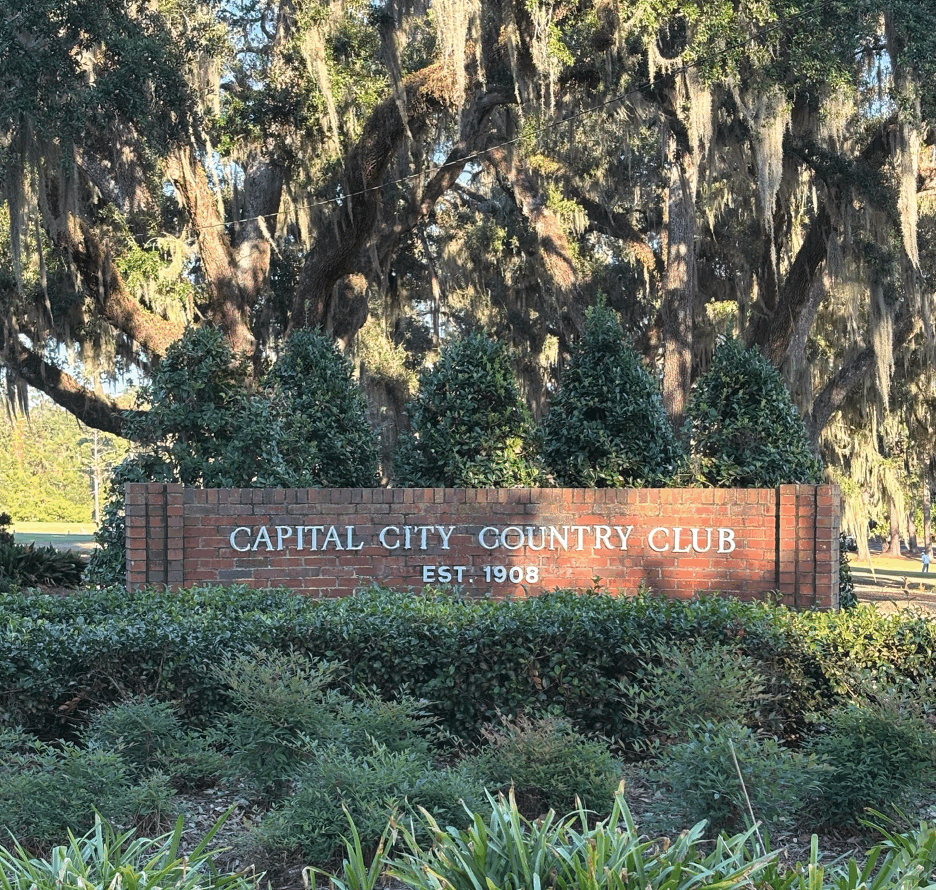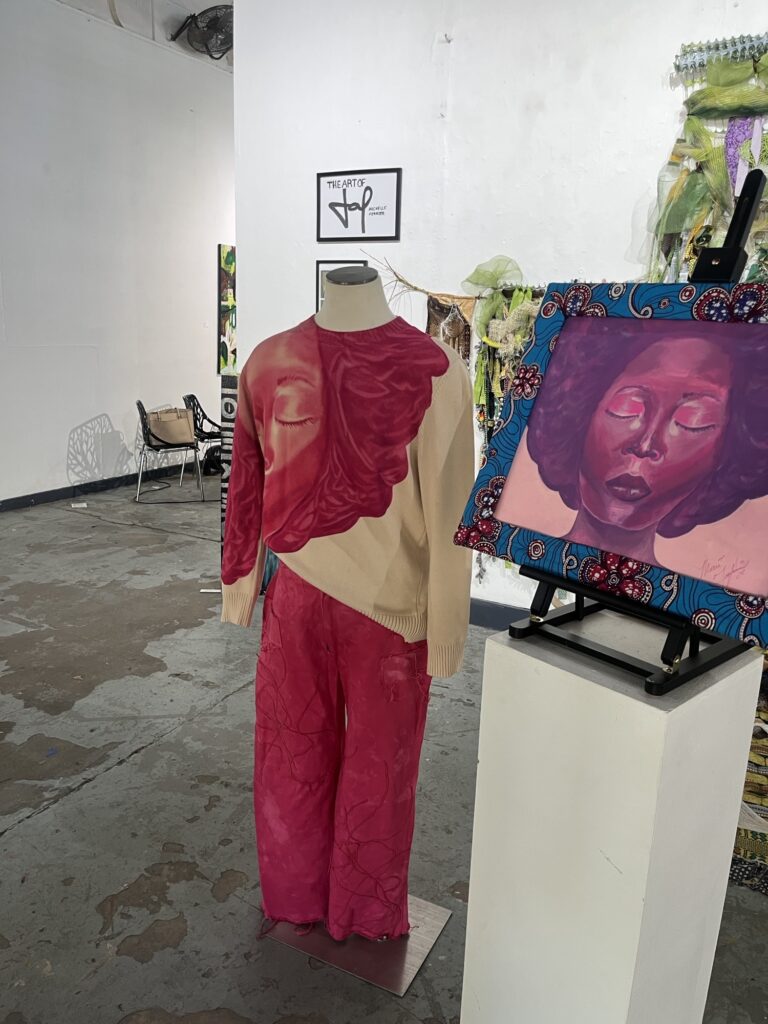It is safe to say that all of our daily rituals and habits have been shaken up by the circumstances of this year. The COVID-19 pandemic and its harrowing impact has not only claimed the lives of over one million people around the globe, but it has also left millions with misplaced grief and unresolved emotions as many try to pick up the pieces of this year and continue to move forward without loved ones.
Losing a loved one is an arduous process that usually involves a substantial amount of time and emotion to handle. Now with a new way of life, the grieving process of losing a loved one looks entirely different, often with pieces missing. The closure of being with a family member or friend and enjoying their presence in their final stages is a gift that many have been robbed of this year. The fear of not getting that final goodbye has become an unfortunate reality in a world where natural human connection has decreased in the hope that we can eradicate this merciless virus.
The trauma and grief compounded from these circumstances is a lot for even a “strong” person to handle. Finding new coping mechanisms that work for each individual is not only good but necessary to begin the healing process.
For 23-year-old film student Kamerie Gibson, she was expecting to spend this summer with her grandmother who she only recently reconnected with. Gibson attends Texas Southern University but calls Los Angeles, Calif. her home. Growing up she wasn’t close to her Mexican grandmother as she wasn’t supportive of Gibson’s Black side. But their plans to start fresh and really connect this summer were plans she was looking forward to. Unfortunately, those plans never happened when her grandmother passed away from COVID-19 in July. Being away at school while her grandmother’s condition progressed, only made the process more difficult.
“That’s what makes me sad,” Gibson said. “I wanted to see her, I wanted to at least touch her. The basic stuff. If I would’ve been able to I would’ve done that for her but unfortunately, that wasn’t an option. I had to wait until she was dead to touch her.”
Gibson’s visit back home to attend her grandmother’s funeral made the entire situation more surreal. She calls the funeral a “mess” as her family tried to follow safety guidelines but still feel like they were properly honoring her grandmother’s life.
Gibson speaks candidly about her lack of acknowledgment of her feelings in the months following her grandmother’s death. She isn’t alone. Many are wandering in a labyrinth of emotions, wanting to get out to the other side but unsure of which steps to take first. With the virus still taking thousands of lives each day around the world, the feelings are still fresh and the reminder of death is rampant.
“Let me be honest,” Gibson said. “I probably haven’t found a healthy way to cope with it. It’s still happening and it’s 200,000 people and my grandmother is one of those people. I don’t even know how to grieve or heal.”
And while Gibson admits to feeling unsure of how to begin that healing process, she does believe in therapy and recommends it to someone who may be in a similar position as herself.
Cierra Williams is a licensed mental health counselor in Pensacola, Fla. who has been impacted hard with loss and grief from COVID-19. Since the pandemic, Williams has lost three family members — two of them just hours apart. Because of safety guidelines with travel, she was unable to attend all three funerals that took place in Louisiana. She recalls special memories with her aunts as she spent many summers with them in Louisiana. Her Aunt Bobbie who passed away just before lockdowns was hard as she was the first family member whose funeral she couldn’t attend.
“I was very emotional and it really hurt not being there,” Williams said. “I think it prolonged the grieving process because being around family during that time actually helps with the healing process. Sometimes it doesn’t seem real.”
When she received news of two family members in one day, that was her breaking point.
“Walking to my car I lost it,” Williams said. “I don’t think I’ve ever cried like that in my life. Screaming, tears rolling and trying to catch my breath. One of my friends was able to call me and pray for me.”
As a licensed mental health counselor, she’s put into practice her own techniques as well as her faith in God to help her cope in a healthy way.
“I’ve been honest with myself about where I was in the grieving process as well,” Williams said. “A lot of the things I’ve said to my clients, I’ve repeated to myself.”
Williams said the light at the end of the tunnel for her has been her faith in God as well as making sure she didn’t grieve as if there was no hope. She recommends anyone in a similar predicament to look up the five stages of grief and loss to really get an understanding of the steps they can take.
Chaya Lerner is a clinical social worker and therapist in Tallahassee who specializes in coping skills. Lerner refers to what individuals are facing this year as ambiguous grief where they aren’t getting the closure they need.
“Ambiguous grief only exacerbates the grief because you can’t see the person dying and can’t be at the funeral and all the rituals that go into the grieving process,” Lerner said. “The encouragement is to find another way of accessing that grief.”
Lerner tells individuals to be gentle and compassionate with themselves and to reach out to loved ones during this time.
Chris McClendon is a Black associate licensed professional counselor based in Georgia. He advises from a Biblical perspective. McClendon says it’s important for clients to remember there are situations you can change and then there are ones you can improve. Although losing a loved one in the middle of a pandemic may be a situation we can’t change, there are steps we can take to improve our circumstances.
“From a Christian perspective, which I counsel from as a specialty, ‘goodbye’ gives the impression of ‘I will never see you again’ but ‘see you later’ insinuates ‘I will see you hereafter.’”
Although many things are out of our control during this COVID-19 pandemic, the choice to be gentle with ourselves and take the steps we need to heal is ours.














